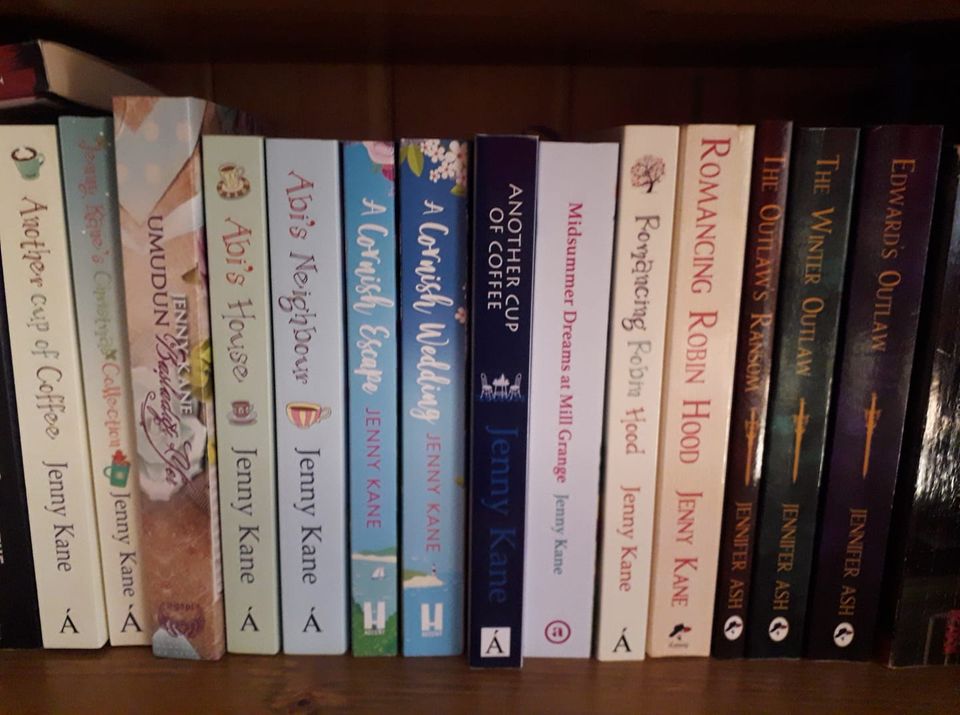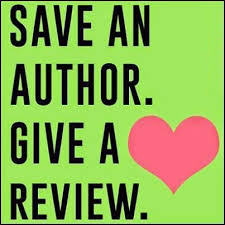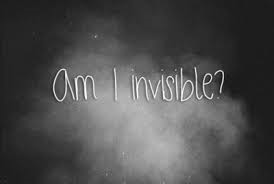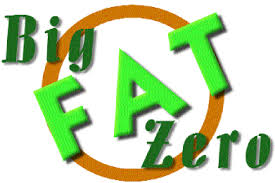I was recently chatting about ‘what happens after a novel is published’, to one of my #novelinayear groups – and it was generally agreed that a major hurdle in making it as an author- whether you are self published or not- is marketing.
Often it isn’t the marketing itself that’s the problem, but finding the time or inclination to do it in the first place.
Most writers, whether they craft short stories, novels, scripts or poems, are not natural marketers. Let’s face it, marketing means sticking your head above the parapet and shouting ‘Hey, look at me! Look what I’ve done!’ And while not all authors are shy and retiring, many have confidence issues and live far more comfortably in the world of make believe than in the ‘real’ world of commerce.
Okay, so I’m generalizing, but the point is, most writers want to write. They (we!) resent the time required to market their existing books when they’d far rather be creating a new one.
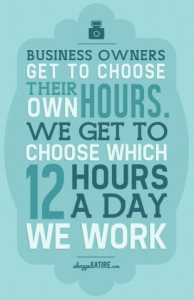
In a world where the majority of authors squeeze writing time in between working, looking after families, and doing all the other things that everyone has to do, it is hard not to resent the time spent writing blogs, or on social media, thinking up new ways to advertise our wares.
We all know that books are invisible if you don’t market them- but how much PR is the right amount? If you go an hour without tweeting about your latest epic will all your hard work become suddenly pointless?

This is how the marketing resentment loop begins-
You write a book-
You discover it doesn’t sell by magic-
You want to write another book but the first needs marketing….but you only have 2 hours a day to wrote- so you market and don’t write-
You start to resent the marketing-
You start to lose the joy of writing-
You throw your hands in the air and give up.
Six weeks later you are desperate to write-
You write a book-
You discover it doesn’t sell by magic…AND ROUND YOU GO AGAIN.

So how do you break the loop?
- Set aside a small fraction of your writing time each day to market. Don’t go over that time period.
- Take you mobile phone to the bathroom! Yes- I know- but you’re just sat there- tweet/post on Facebook while you’re unable to do anything else anyway! Basically use any dead time in your day to your advantage, from being sat on the loo, to waiting for the kettle to boil.
- Immediately after you have finished your novel/script bite the bullet and use your precious writing time to create a series of guest blogs. Once you have them done you can simply adapt and rewrite them as required, saving you time in the long run. Blog tours are an excellent marketing tool, and if you don’t know enough bloggers to ask to host you, then a large number of services exist to provide this service, such as http://www.writermarketing.co.uk/
- If you find marketing is killing the joy of creation for you, then don’t do it. Remember, writing is supposed to be fun. If you’re only in it for the money, then I strongly advise you to try your hand at something new instead!

At the end of the day, like in so many professions, marketing is a necessary evil. By simply accepting it as part of the job, then it will soon become routine, and – of course- there is the added bonus that you’ll sell more books.
Happy marketing,
Jenny x




